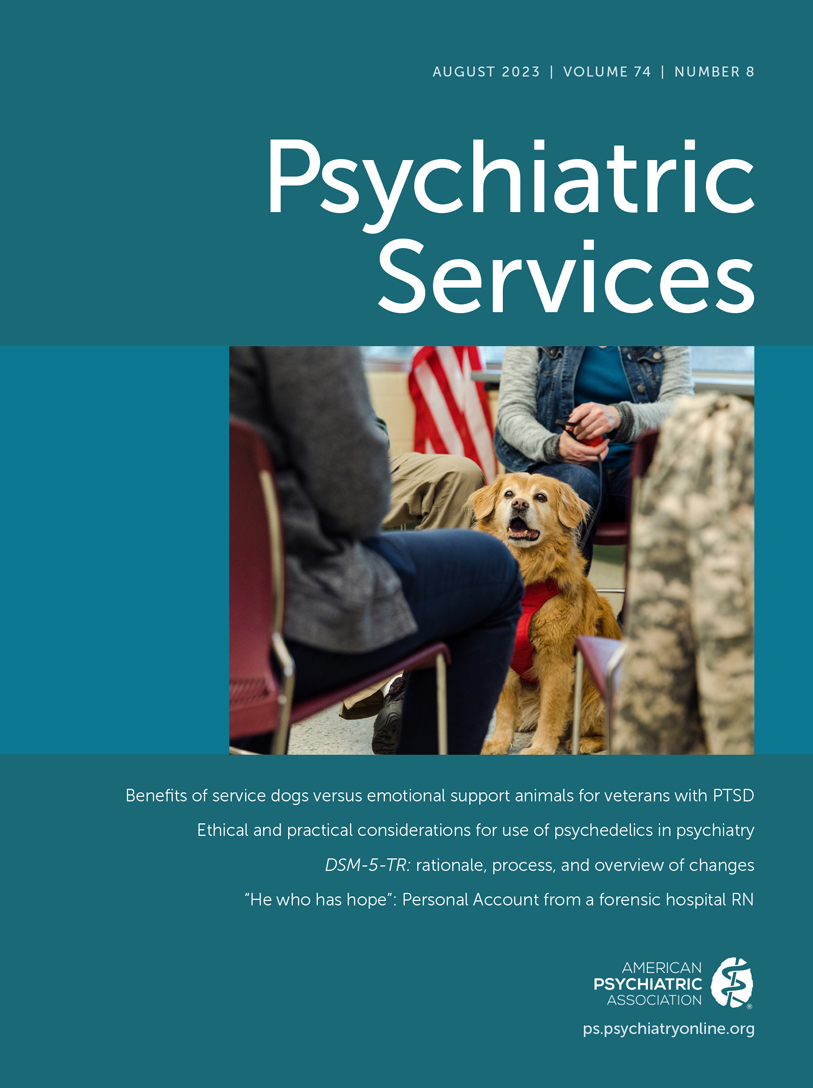A Pragmatic Randomized Controlled Trial of Financial Incentives in Case Management for Homeless Adults With Mental Illness
Abstract
Objective:
Financial incentives can facilitate behavior change and service engagement in health care settings, but research on their use with adults experiencing homelessness is limited. This study examined the effectiveness of financial incentives in improving service engagement and health outcomes among homeless adults with mental illness in Toronto.
Methods:
The authors of this randomized controlled trial recruited 176 participants receiving brief multidisciplinary case management services for homeless adults with mental illness after hospital discharge. In a 1:1 randomization design, 87 participants received a financial incentive of CAN$20 for every week they remained engaged with the service for up to 6 months. The remaining 89 participants received treatment as usual. The primary outcome was service contact rates for up to 6 months of follow-up. Secondary outcomes included self-reported health status, mental health symptoms, substance use, quality of life, housing stability, acute health service use, and working alliance. Negative binomial regression models, analyses of covariance, generalized estimating equations models, and Wilcoxon rank sum tests were used to examine differences between the financial incentive and treatment-as-usual groups across outcomes of interest.
Results:
No significant differences were found between the financial incentive and treatment-as-usual groups in service contact rates or any of the secondary outcomes examined over the 6-month period.
Conclusions:
In low-barrier, brief case management programs tailored to the needs of adults experiencing homelessness, financial incentives may not affect service engagement or health outcomes. Further research is needed to identify the effect of financial incentives on engagement in other services, including housing-based interventions.
Access content
To read the fulltext, please use one of the options below to sign in or purchase access.- Personal login
- Institutional Login
- Sign in via OpenAthens
- Register for access
-
Please login/register if you wish to pair your device and check access availability.
Not a subscriber?
PsychiatryOnline subscription options offer access to the DSM-5 library, books, journals, CME, and patient resources. This all-in-one virtual library provides psychiatrists and mental health professionals with key resources for diagnosis, treatment, research, and professional development.
Need more help? PsychiatryOnline Customer Service may be reached by emailing [email protected] or by calling 800-368-5777 (in the U.S.) or 703-907-7322 (outside the U.S.).



